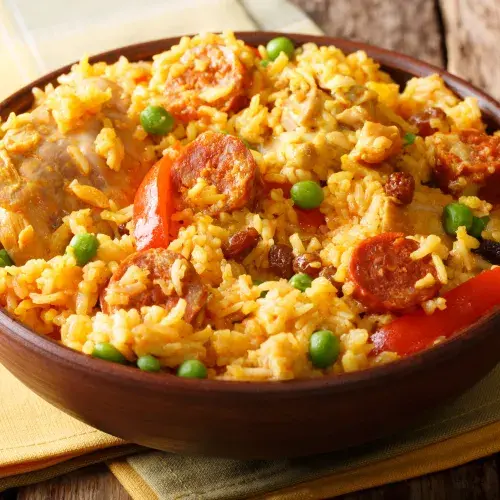Pasta doesn't make you fat!

Research by the Mediterranean Neurological Institute Neuromed (Italy) confirms that the consumption of pasta does not contribute to obesity, but rather, quite the opposite.
Many people limit their consumption of pasta with the false belief that it is fattening. According to this research, the consumption of pasta is associated with a reduced risk of both general and abdominal obesity.
The conclusion of this study is that, if consumed in moderation respecting the variety of all its components, the Mediterranean diet is good for our health.
The traditional Mediterranean diet is considered one of the healthiest diets there are. One of its main components, besides fruits, pulses, vegetables and olive oil, are grains, including pasta.
Grains represent the main source of carbohydrates in the diet. They should be present in the 5 meals a day as they are the best source of energy that the Mediterranean diet offers us to carry out our daily activities.
The recommended portion of pasta is 70 g per person, that is, a moderate portion, as, like we have said, it gives us energy. We are becoming more and more sedentary and if we don't consume the energy provided by the pasta in the form of carbohydrates, the excess energy will accumulate in the form of fat.
Conclusion: to eat more pasta you need to move more.
The benefits of the Mediterranean diet on our health in the primary and secondary prevention of chronic diseases have been demonstrated in many previous studies.
We must bear in mind that the consumption of slow-release carbohydrates (such as those in pasta) helps us to control our eating habits as they are highly satiating, unlike other foods, helping us to regulate our eating habits. These foods should be in our diet whether we want to maintain our weight or lose weight.
NOTE: In this study pasta was analyzed alone, without being accompanied by any sauce.


